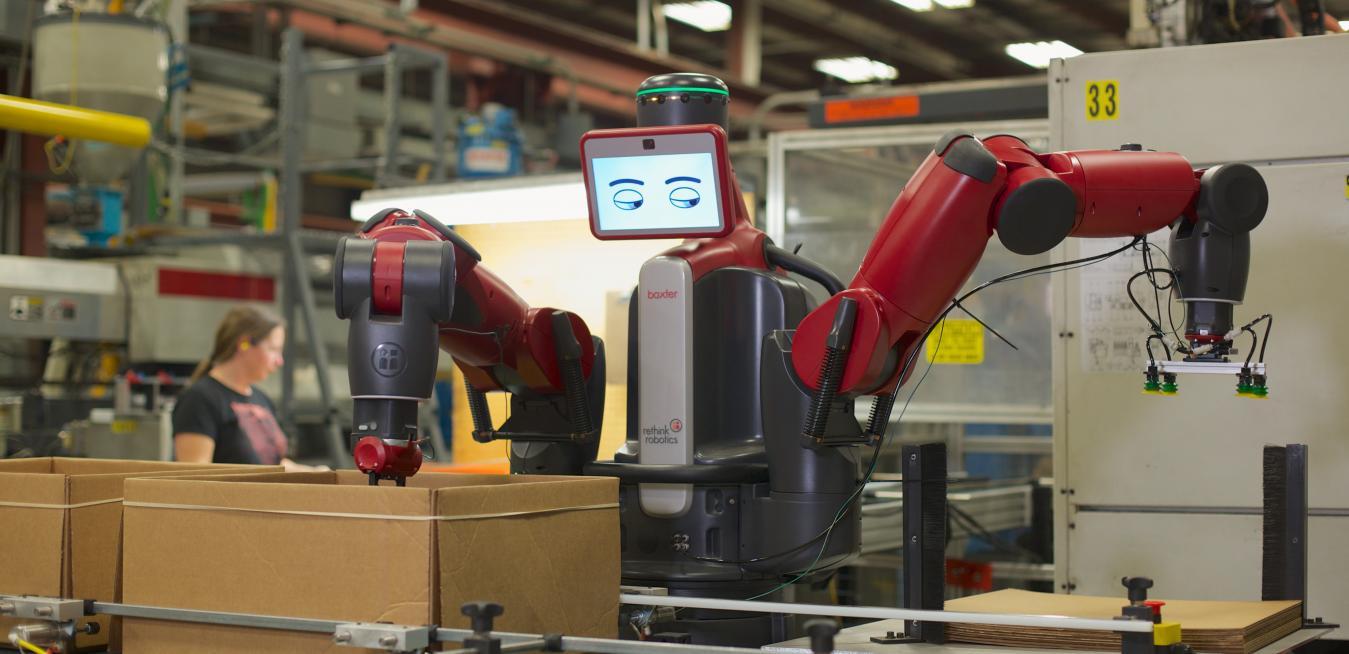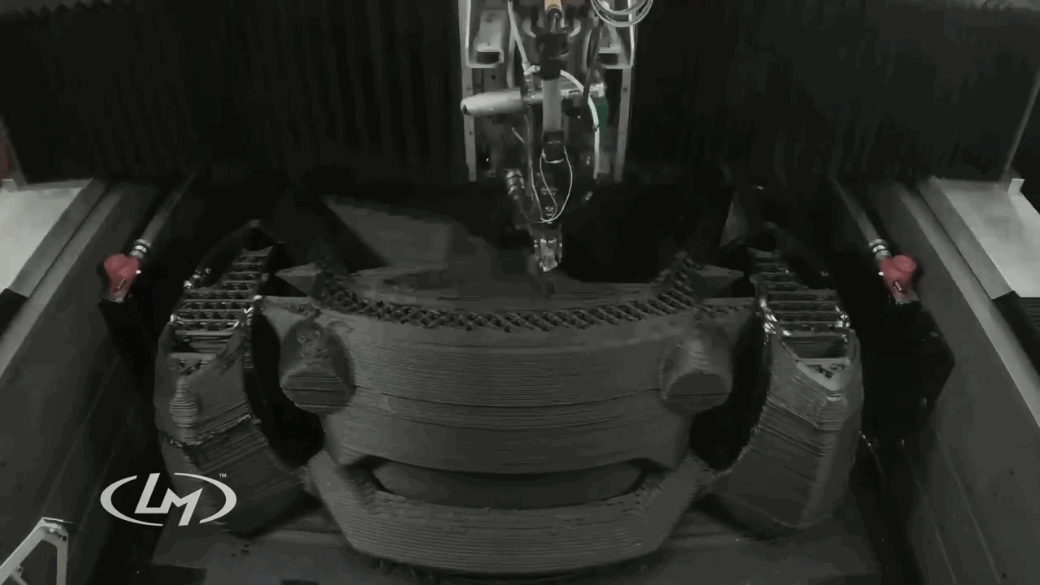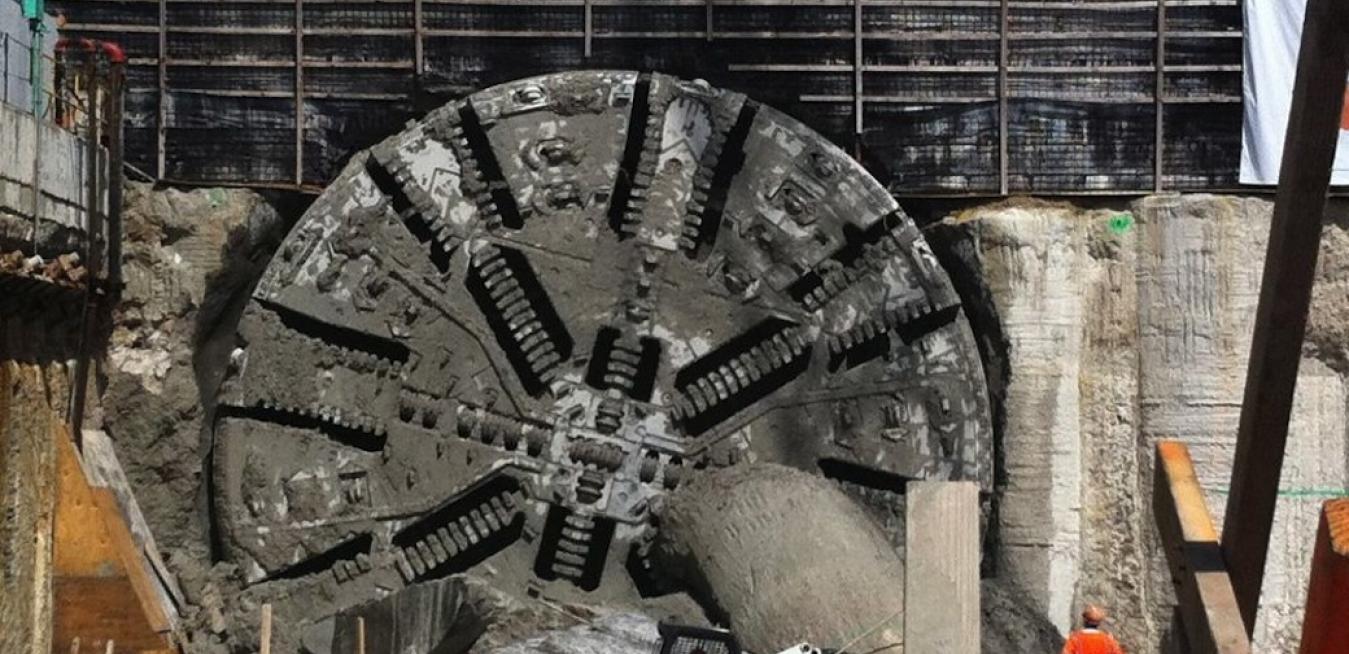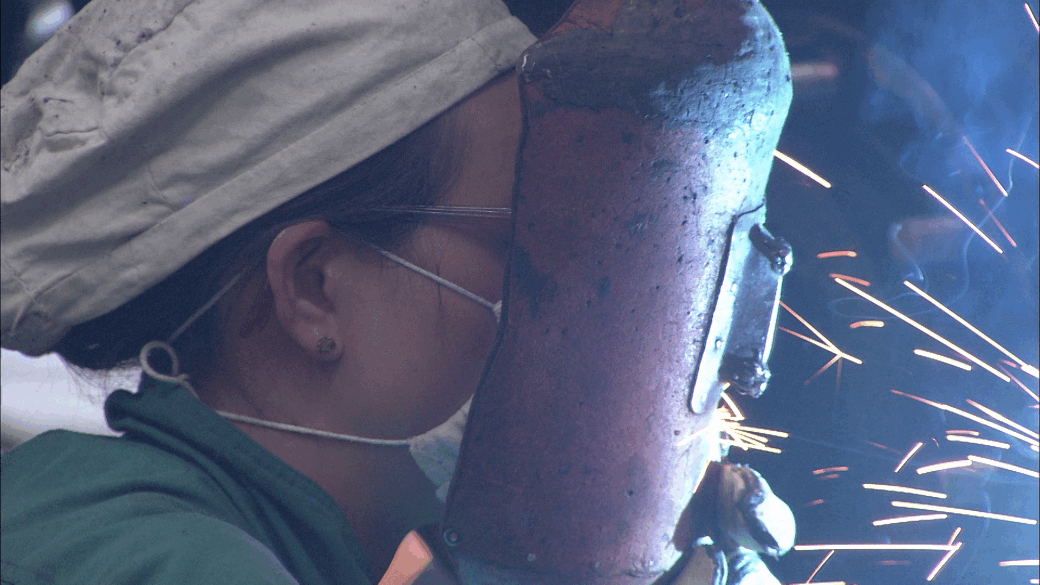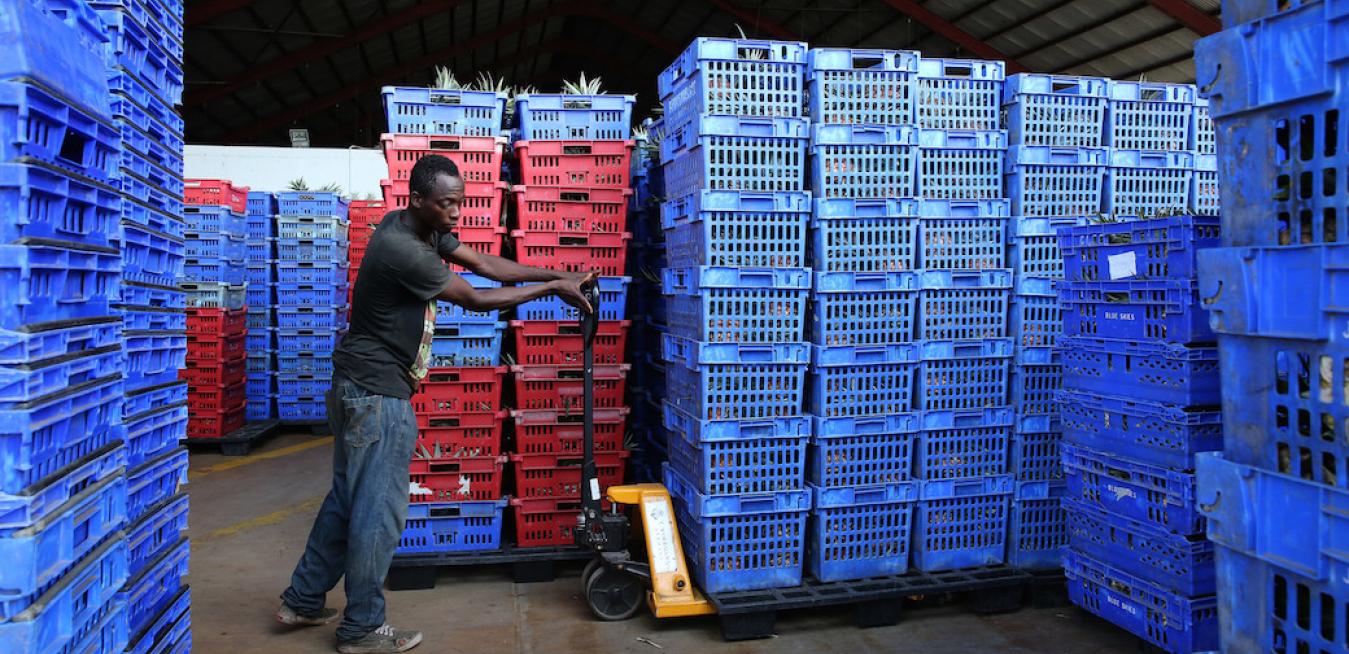From electric vehicles on the ground to rockets in space, a range of industries are already benefitting from advanced manufacturing — innovative technologies and processes that are set to transform nearly every sector.
Imagine a world of full of machines manufacturing anything we desire on-demand, where robots attend to workers’ every need. Welcome to the future of advanced manufacturing — a hybrid of technologies and processes that manufactures goods through the use of innovative technologies.
California’s energy storage development shows how, through collaboration, the private and public sector can work together to achieve sustainable energy goals.
A key demographic could help close the skills gap in manufacturing: women. We need to do a better job of attracting and retaining this untapped resource.
U.S. manufacturers today face a tremendous challenge finding quality talent to stay competitive in the global economy. Over the next decade, nearly 3.5 million manufacturing jobs likely will need to be filled, and the skills gap is expected to result in 2 million of those jobs going unfilled.
By bringing together public- and private-sector support for digital trade, the Global Fund for Ecommerce could help developing country entrepreneurs go global.
It’s not enough to simply “get” the startup mentality. Executives who want to use lean startup principles to compete in today’s fast-paced economy must do the hard work needed to transform their companies.
Every company seems to be a startup these days — or at least they try to act more like one.
The 4th Industrial Revolution is ushering in a new era in manufacturing by merging hardware and software and reimagining how products are designed, made and serviced. Advanced manufacturing has profound implications for the future of work, as well.







